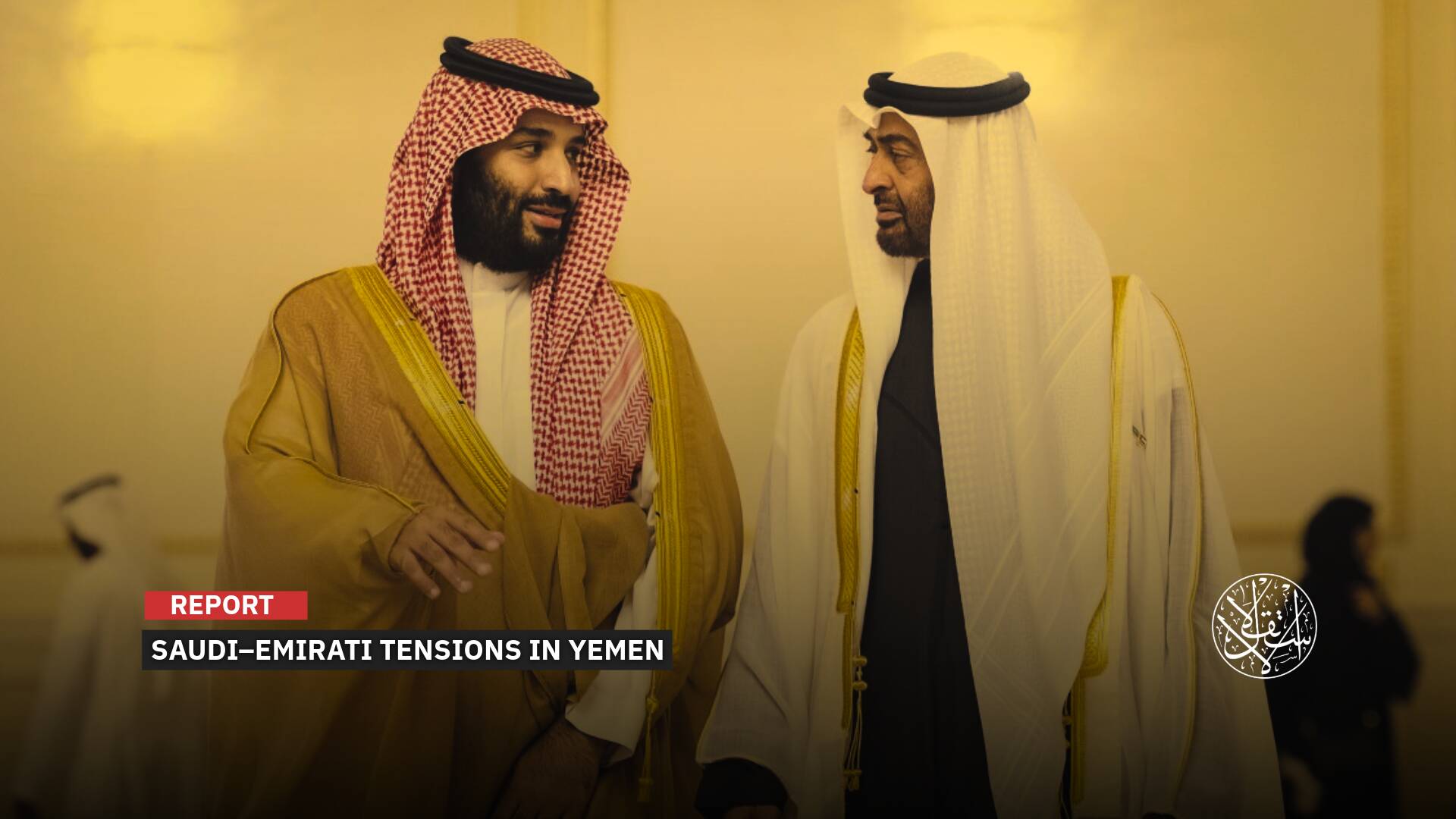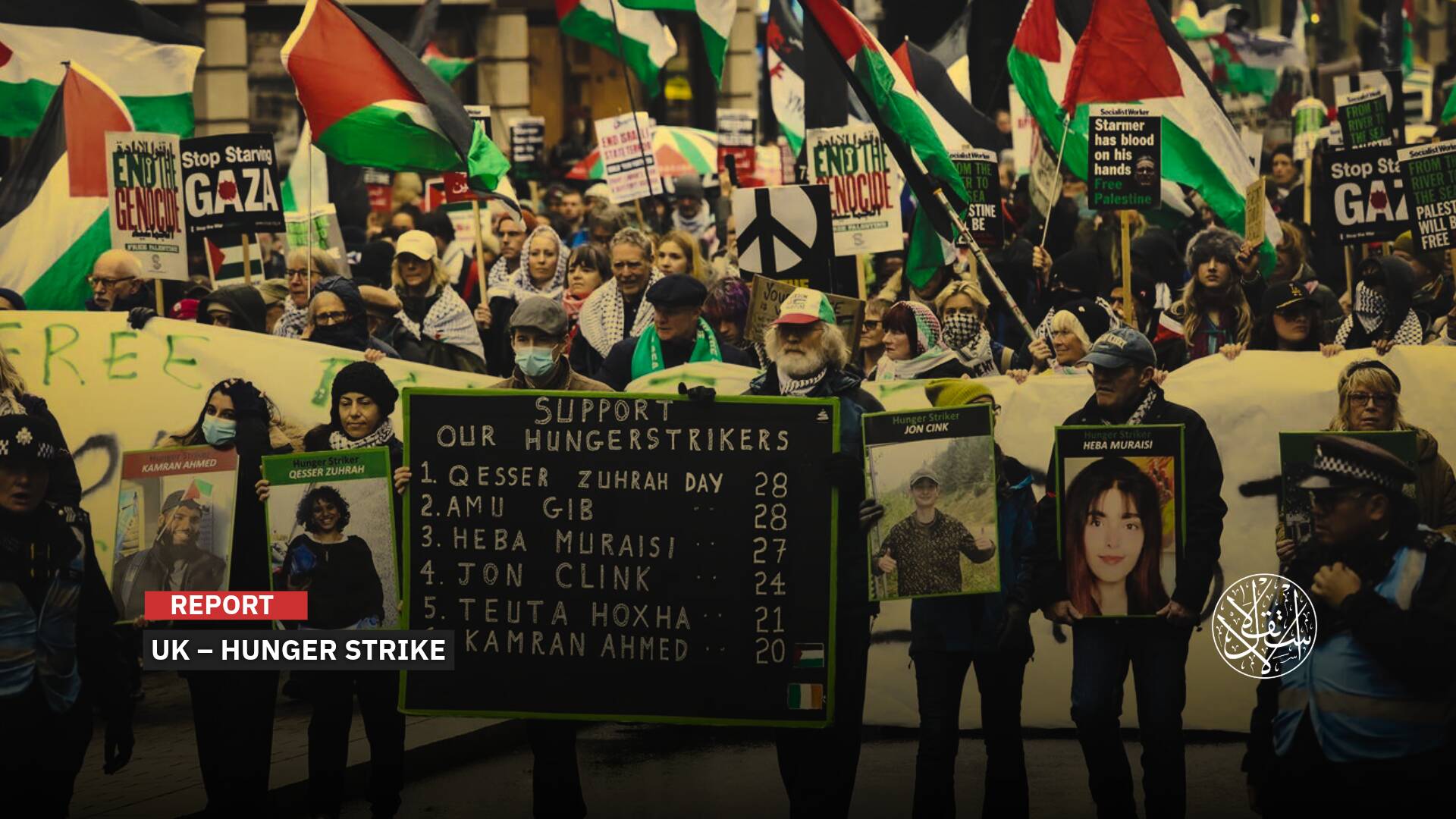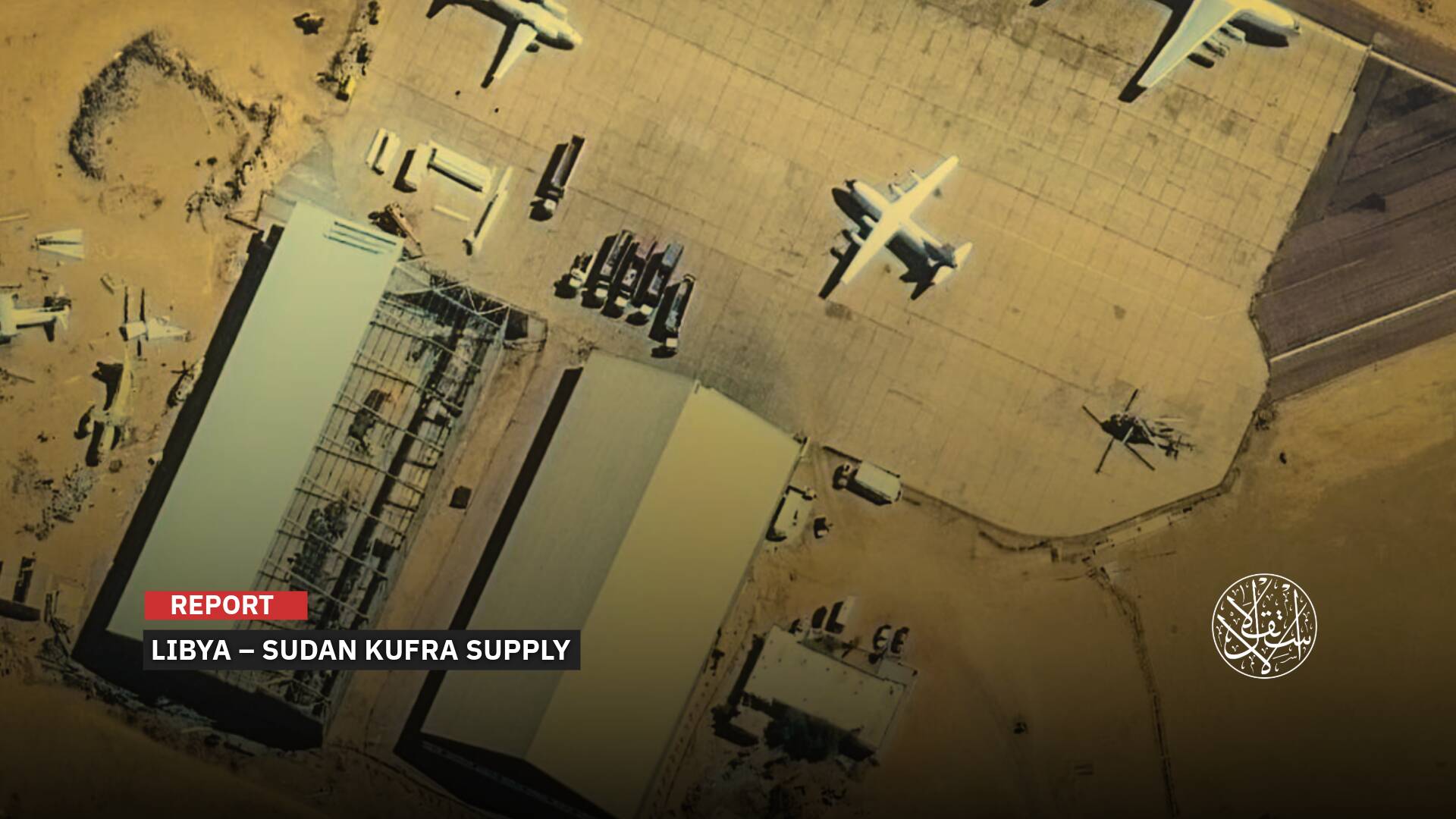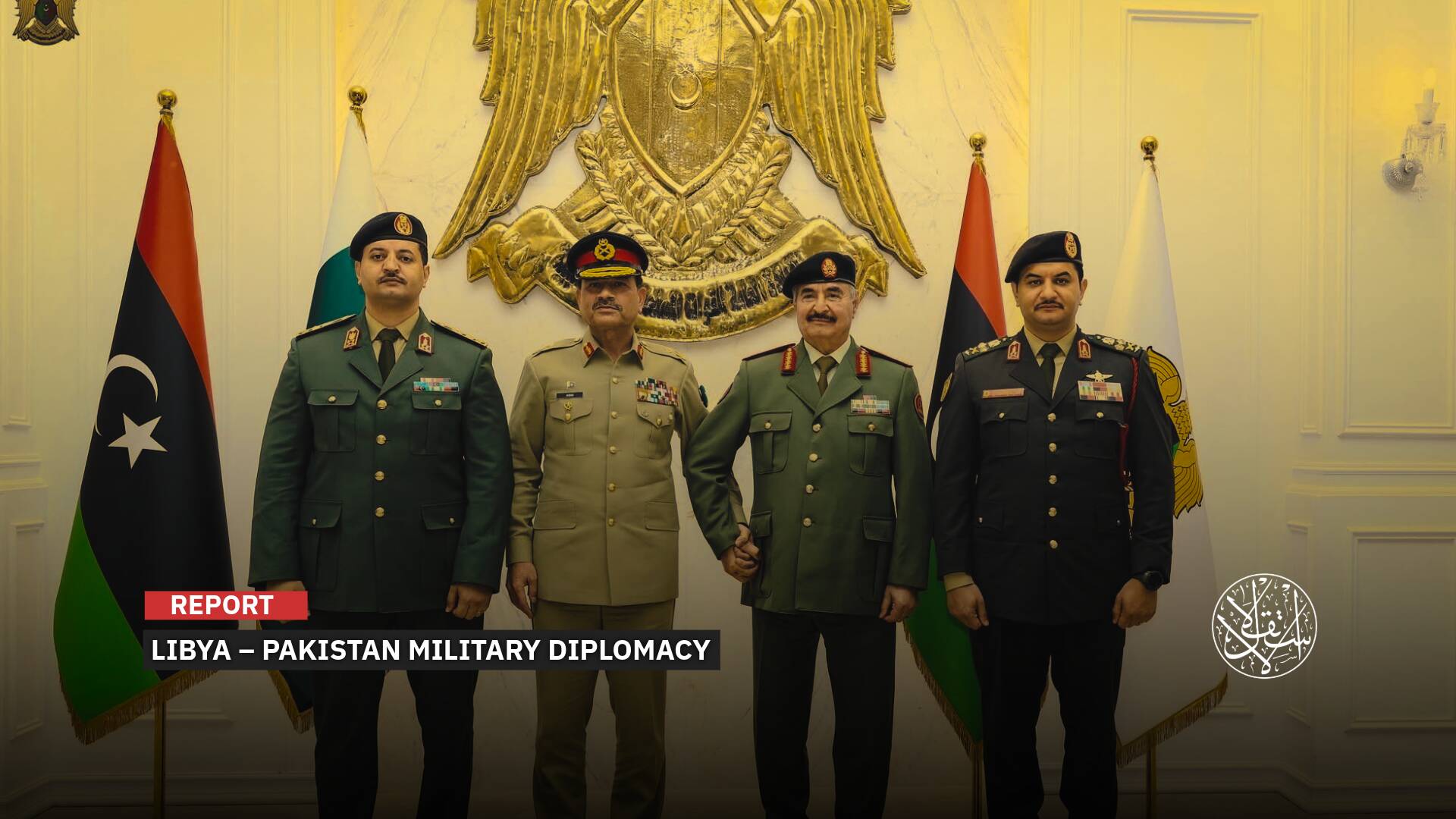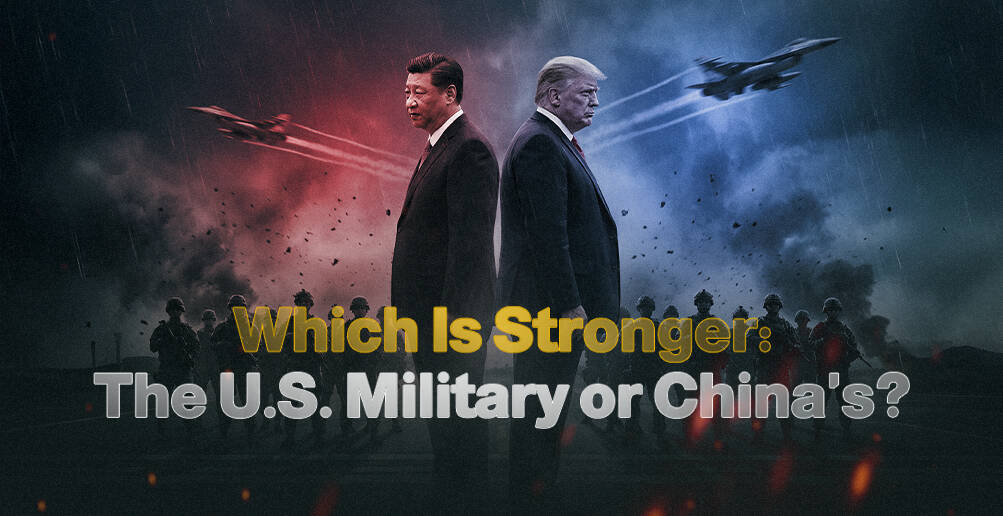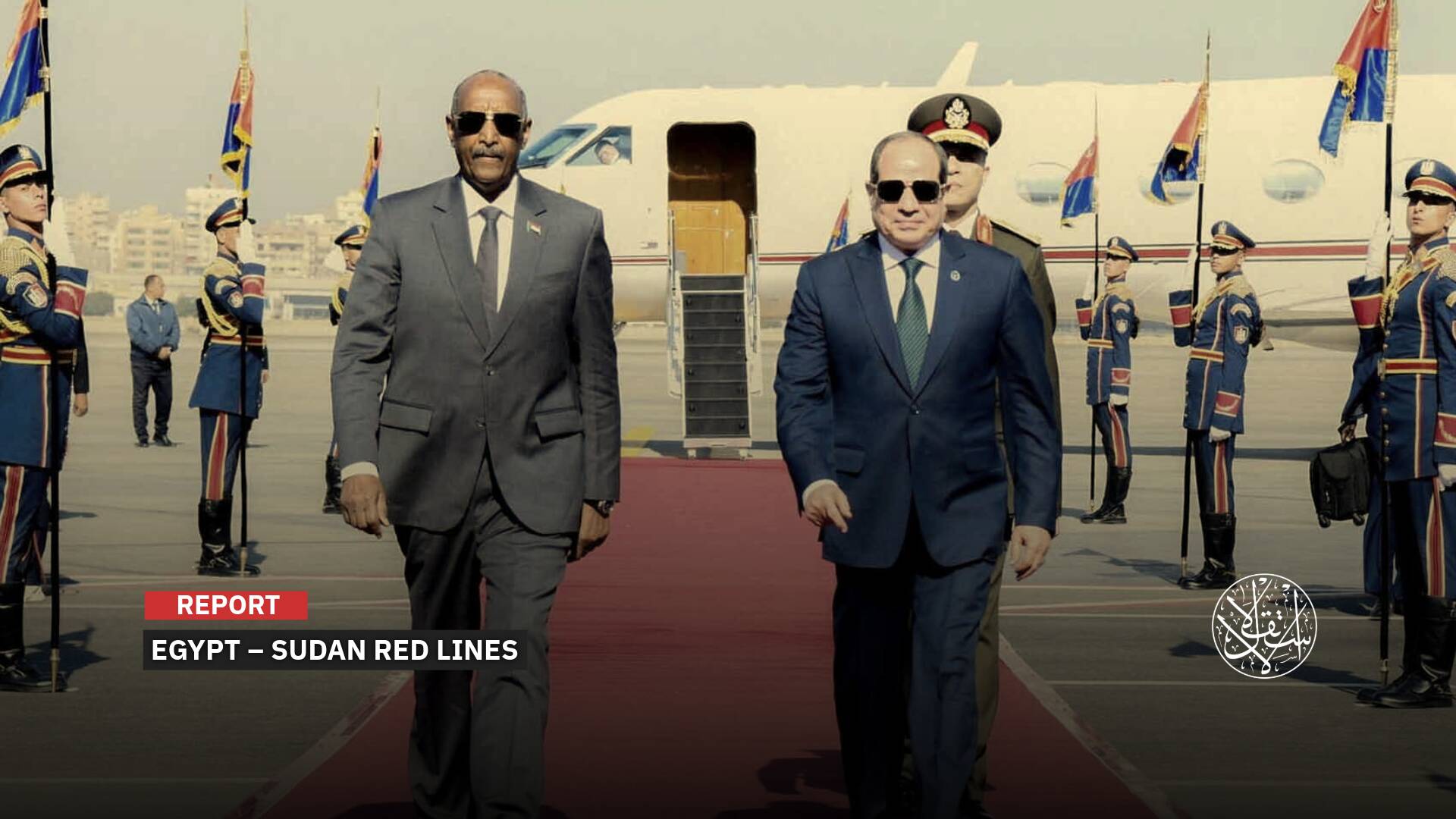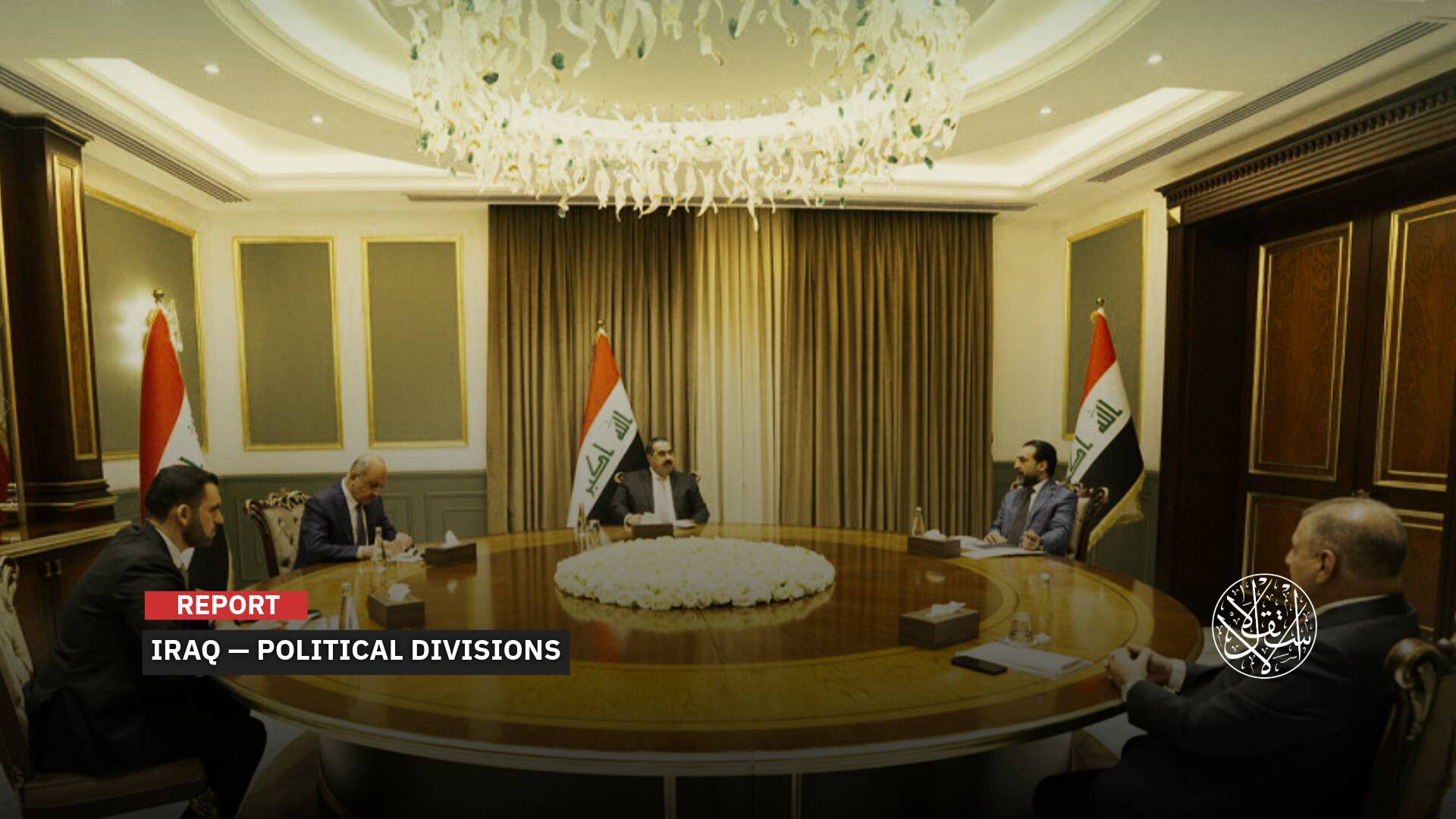Morocco's PM Akhannouch Faces Growing Criticism Over Major Public Contracts

The government’s hallmark is the conflict of interest and normalization with corruption.
Moroccan Prime Minister Aziz Akhannouch continues to secure major public contracts in the country amid widespread criticism, with warnings about the potential dangers of the "marriage between power and money" on political stability and economic growth.
Akhannouch is facing fresh allegations of "conflict of interest" after his company, companies Africa Gas and Green of Africa, won a massive contract to supply fuel (gas) to the state-owned "National Office of Electricity and Drinking Water" (ONEE) worth 2.44 billion dirhams (around $244 million).
The deal, which has been widely reported by Moroccan media, involves supplying two power plants — the "Mohammedia" plant in central Morocco and the "Tan-Tan" plant in the south — with 350,000 tons and 90,000 tons of fuel, respectively.
In a further sign of his growing wealth, the Prime Minister closed 2024 with a noticeable increase in his personal fortune, which now stands at $1.7 billion, compared to $1.5 billion the previous year, according to Forbes magazine, which tracks the fortunes of the world's wealthiest individuals.

Exploitation of Power
The improvement in Aziz Akhannouch's wealth coincides with the ongoing political debate in Morocco surrounding conflicts of interest, particularly after one of his companies won a major contract for seawater desalination in Casablanca, valued at over 6.5 billion dirhams ($650 million).
This project has sparked widespread controversy in both political and economic circles.
During a parliamentary session in December 2024, Akhannouch sought to defend the integrity of the deal, asserting that the selection of companies was based on competitive criteria.
However, the opposition Justice and Development Party (PJD) responded with a statement accusing the Prime Minister of concealing facts regarding public support for such projects. The party argued that Akhannouch's statements were contradictory and called for his resignation.
The Party of Progress and Socialism (PPS) also weighed in, confirming that the project benefited from state support under the investment charter, which allows for up to 30% of the cost of strategic projects to be covered by the government.
They also highlighted the reduction in corporate tax rates from 35% to 20%, which raised further concerns about the transparency of the deal.
PPS Secretary-General Mohamed Nabil Benabdallah emphasized that conflict of interest in such matters requires accountability or resignation, as is standard in democratic countries.
In his commentary on the unfolding situation, former MP and university professor Abdelaziz Aftati stated that the Prime Minister was exploiting his power to concentrate and devour wealth, investing in business to perpetuate power in an endless sequence, and so on.
Aftati explained to Al-Estiklal that this deal "was part of the second-half 2024 program for the National Office of Electricity, describing it as 'another big and terrifying siphoning' to be followed by more of the same."
“What is not being talked about is that this scheduling is orchestrated by the alliance of big rentier capital in our country, to further concentrate wealth and consume businesses, with long-term, highly profitable deals disguised under false claims, such as the formation of national groups to compete with foreign capital,” Aftati noted.
The former parliamentarian, who also served on the Committee for Finance and Economic Development, stressed that "these claims are false and misleading, as big rentier capital in Morocco is in fact allied with large foreign capital in nearly identical deals, forming massive conglomerates."
"These investment groups bring in foreign companies for expertise, while local firms provide the cover, sharing enormous profits over extended periods," He added.
Aftati further explained that the deal involved importing fuel (gas) and selling it to the National Office of Electricity and Drinking Water, gradually stripping the office of its powers and breaking it up.
"The office will be reduced to simply transporting electricity through its existing publicly funded network, becoming a cash cow for the lucrative remaining operations, such as production and distribution, which will be handled by other lucky companies," He concluded.
Aftati believes that "this deal is merely the result of a process managed by influential figures within the state apparatus, who distribute substantial resources to select companies for the purpose of acquisition and concentration, and investment in some of these cartels (monopolistic groups) in the political field as well."
Societal Reactions
The former Prime Minister, Abdelilah Benkirane, did not let this event pass without comment and criticism.
In a speech during a meeting of his party's General Secretariat, the Justice and Development Party (PJD), on January 4, 2025, Benkirane delivered a sharp critique of Akhannouch, following his company Africa’s win of a contract to supply fuel to the National Office of Electricity and Drinking Water (ONEE).
"Akhannouch did not content himself with the seawater desalination deal in Casablanca; he also secured the fuel supply deal for ONEE, which he won entirely, worth 2.44 billion dirhams ($244 million)."
"In developed countries, such contracts are not awarded to a single company, even if it offers the lowest bid. They are awarded to at least four or five companies," Benkirane noted.
Benkirane mocked the awarding of a portion of the contract to a second company for approximately 390 million dirhams ($39 million), referring to Dirham Holding, commenting that "cheese needs bread to be swallowed."
He added that "the seawater desalination deal’s fallout has not yet settled, and now we have this new contract."
Several Moroccan media outlets have criticized the awarding of a new contract to the Prime Minister’s company, Africa, arguing that it creates an unfavorable political and economic climate due to its conflict with principles of trust and fair competition.
In this context, Febrayer.com raised concerns about the continued success of Africa in securing major public contracts, questioning the transparency and fairness of the bidding process, particularly in light of the company’s dominance in the fuel sector.
The website emphasized in an article published on December 28, 2024, that "the latest deal strengthens the company’s influence in the local market, prompting some to call for the establishment of clear rules that ensure equality for all economic players."
It noted that this contract adds to a series of deals that underscore Africa’s strong presence in Morocco’s economy, yet it opens the floor for a broader discussion on the need to enhance transparency and equal opportunities in the awarding of public contracts.
Similarly, Hibazoom pointed out the multiple implications of this issue on Morocco’s political and economic landscape, suggesting it could erode trust in public institutions, deepen political divisions, and fuel further criticism regarding governance and transparency.
In an article published in early January 2025, the site warned that the deal could also negatively impact foreign investment and harm Morocco’s image as an investment destination.
The site argued that "this fuel deal is not merely an economic matter; it is a political and ethical issue that touches on the fundamentals of good governance," asserting that "if the issue is not addressed with transparency and accountability, it will have profound negative effects on Morocco’s future."

Government of Corruption
In response to the new contract and Akhannouch's economic conduct, Abdullah Bouano, the head of the Justice and Development Party’s parliamentary group, stated that "the current challenge is the burden of the government formed on September 8, 2021, which is the greatest challenge facing the Moroccan people today."
This remark was made during a meeting with professionals in Rabat on January 5, 2025, where Bouano noted that "since its installation in October 2021, the government has been accompanied by unprecedented natural disasters, including drought, earthquakes, and floods."
"The government has also failed in the area of investment, as bankrupt businesses are on the rise, with 16,000 companies having declared bankruptcy."
"The government promised to increase public investment, yet this has had no impact on employment, growth, or wealth creation, as its hallmark is conflict of interest and the normalization of corruption, alongside the withdrawal of laws aimed at combating corruption and rent-seeking."
"It is also a government that criticizes anyone who does not align with its agenda, as was the case with the Central Bank of Morocco, the High Planning Commission, and the Economic, Social, and Environmental Council (official institutions), because they spoke out about corruption or the government’s failures," he added.
Bouano went on to explain that his parliamentary group had submitted 12 requests to the Competition Council to investigate allegations of collusion and corruption in sectors such as medical supplies, construction and works, dairy, medical gas, seeds, animal feed, fisheries, natural gas, and poultry and eggs.
"All forms of monopoly and wealth concentration in these sectors, among others, occur with the government’s consent, as it contributes to it."
Bouano also criticized the Prime Minister’s conflict of interest, particularly his acquisition of gas from the Tendrara region, his involvement in the Casablanca seawater desalination project, and his recent 2.44 billion dirham deal with the water and electricity office.
As another example of corruption, the parliamentary leader pointed to the government's decision to reduce the import duty on medicines from 40% and 30% to just 2.5%, in service of a particular interest group or sector.
"The government, under Akhannouch’s leadership, does not hesitate to serve its own interests and those of entities connected to it, even at the expense of public funds, the interests of citizens, national production, and the country's international reputation, warning of the dangerous consequences of this situation," Bouano concluded.
Sources
- Akhannouch wins a 244 billion dirham contract to supply fuel to the National Electricity Office. [Arabic]
- Akhannouch consolidates his control over public contracts. [Arabic]
- Akhannouch under scrutiny after winning a massive fuel supply contract for the National Electricity Office. [Arabic]
- Bouano: The September 8th government is a symbol of failure, corruption, and conflicts of interest. [Arabic]



